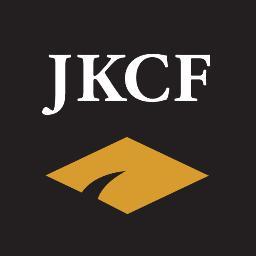 The Jack Kent Cooke Foundation has released a new report on the barriers faced by low-income students in attending top-ranked colleges and universities. The report also presents recommendations on what should be done to offer greater opportunities for students from low-income families to enroll at these schools.
The Jack Kent Cooke Foundation has released a new report on the barriers faced by low-income students in attending top-ranked colleges and universities. The report also presents recommendations on what should be done to offer greater opportunities for students from low-income families to enroll at these schools.
The report notes that “instead of being the Land of Opportunity, America is the land of an income-based educational caste system, too often turning poverty into an inherited condition. A cash ceiling prevents many outstanding low-income students from entering college – especially the nation’s top colleges and universities.”
Among the recommendations offered are:
- Make absolutely clear the true cost of college attendance after financial aid, because many low-income students and their parents are deterred from even applying by “sticker shock.” They are simply unaware that college financial aid can dramatically cut the cost.
- Establish programs to encourage more low-income students to apply for admission, because only 3 percent of students at America’s top colleges and universities come from poor families, compared to 72 percent from wealthy families.
- Make the college application process simpler, because many low-income students are the first in their families to go to college and can’t turn to parents or siblings for help applying.
- Admit students based on their academic record and achievements without discriminating against those who require financial aid – a policy called need-blind admissions – to the greatest extent possible. Money set aside for so-called “merit aid” not based on financial need should be shifted to go to students who require financial aid to attend college.
The report, Opening College Doors to Equal Educational Opportunity, may be downloaded by clicking here.











